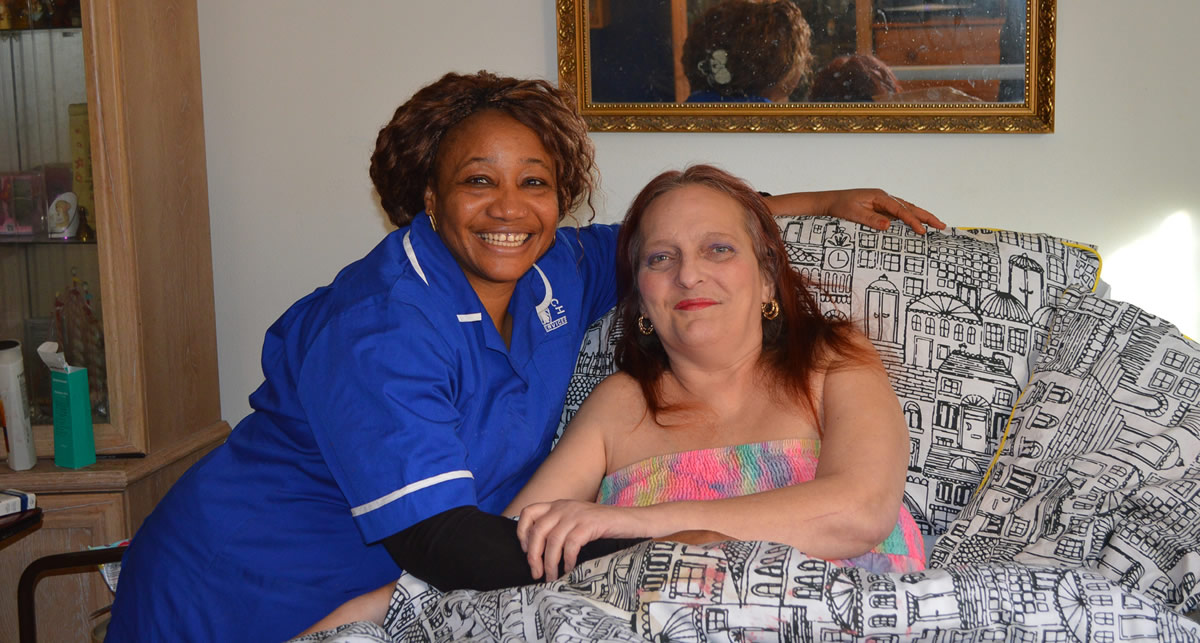
Practitioners in health and social care
Our programmes are suitable for every practitioner that works with people with different with long term conditions in any setting. Our programmes have been used by nurses, psychologists, physiotherapists, occupational therapists, speech and language therapists, doctors, social workers, healthcare assistants, enablement workers, care workers, and staff working in the voluntary sector.
Physiotherapist, Kent
“Neurotherapy Partnership have used the Bridges self-management approach in a variety of neurological conditions including stroke, traumatic brain injury, brain tumours and other long term conditions. It is something we consider trying with all the people we work with. Having their own workbook provides great meaning to people and their families - hopes now seem more tangible as they are written down often by the people affected and the steps to achieving them are identified. The book is set out to allow people to read case stories of people with similar problems to their own and they seem to enjoy looking through it seeing what others have achieved and sometimes for the first time start taking ownership of their hopes. We have also been fortunate enough to have worked in a pathway where the ongoing community team also used the approach which made for a seamless change of service.”
Rehabilitation Physician,
South London
“The Bridges self-management course gave me good food for thought. I liked the real focus on patient experience. A meaningful experience can make even a small change incredibly important to the life of a patient and his family. This approach gives chances also to us doctors and rehab professionals to provide successful treatment in the presence of complex situations.”
Occupational Therapist, Neuro Trauma, London
“We now have a consistent approach in how we manage and support those patients and families who present with mild-moderate brain injuries. The approach has assisted us in increasing our multidisciplinary working when discussing implementation of the book and it also means the language and approach is the same. Our approach is now more patient focused rather than professional driven with the focus being around individual treatment plans rather than therapy plans with a potential agenda.”
Practice Education Nurse, Hyper-Acute and Acute Stroke Unit, South London
“It was about half way through Bridges training that I became completely sold on the idea of self-management and using the Bridges approach as a simple and flexible tool to assist with facilitating this. Self-management was not really an approach that I had ever considered, however by the end of the training I couldn’t believe this wasn’t something that I had been applying to my practice already; it seemed like the only way to ensure patients were truly included in their care, both now and upon discharge, and gave us the opportunity to provide the building blocks to help patients recover. I hope that my role as a practice educator has allowed me to be able to inspire other nursing staff and help to demonstrate to them the benefits of a self-management approach.”
Speech and Language Therapist, London
“I feel Bridges moves you from person centred working, to person led working, which seems like a subtle shift but leads to a big positive change in your interactions. It gives you the confidence to ask the person what is working for them and acknowledge this, rather than trying to be the one to solve all the problems. I think for people with or without communication difficulties it’s really about acknowledging their experiences and talking about what has gone well, what has gone badly and acknowledging the techniques they used to get through the tricky situations. Then I just see if I have any other ideas to add in to the mix, but always want them to think and acknowledge what they did to help first. It feels a lot more rewarding to work together than work in an expert/patient way, probably as I believe they are the expert, not me!”

